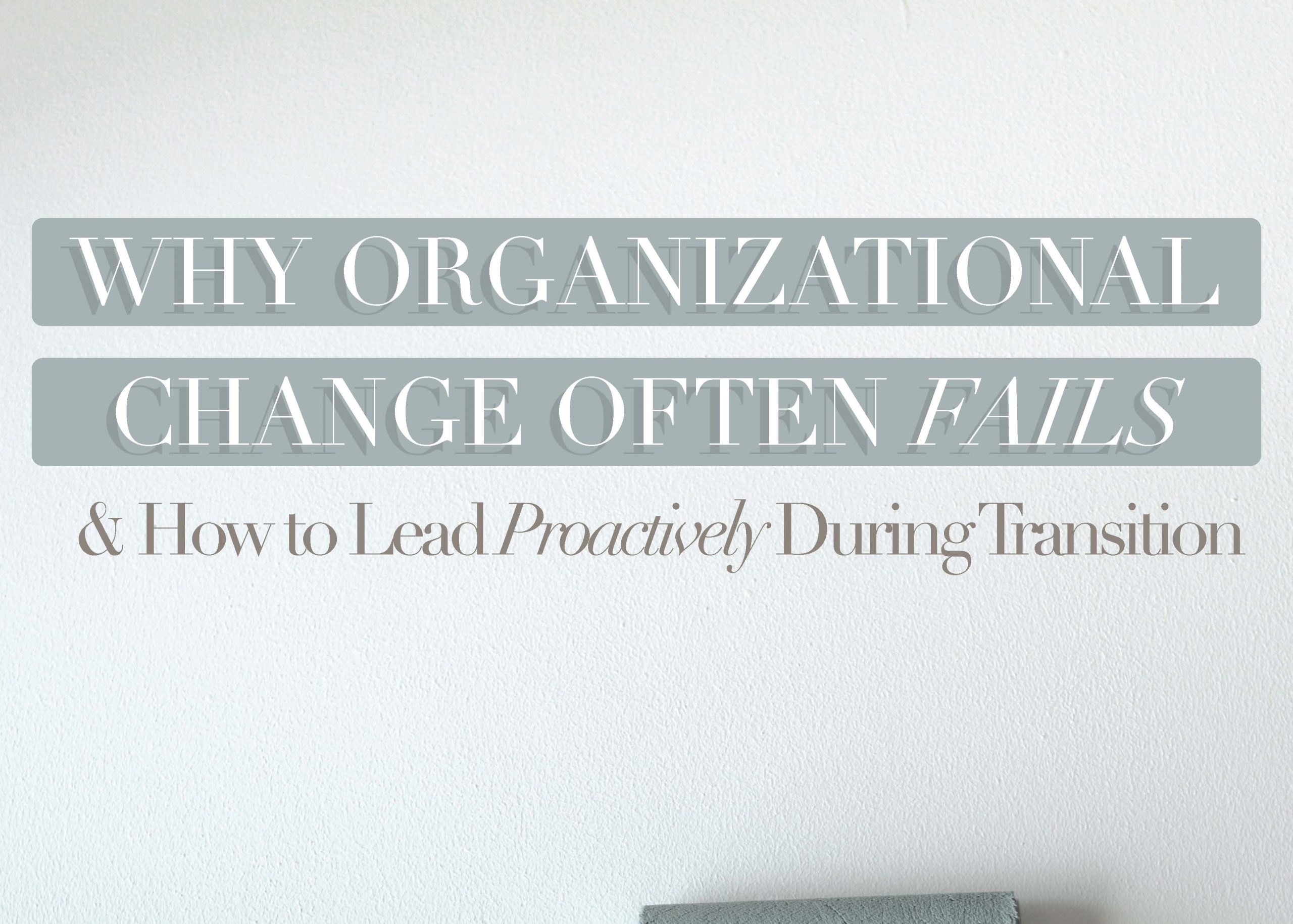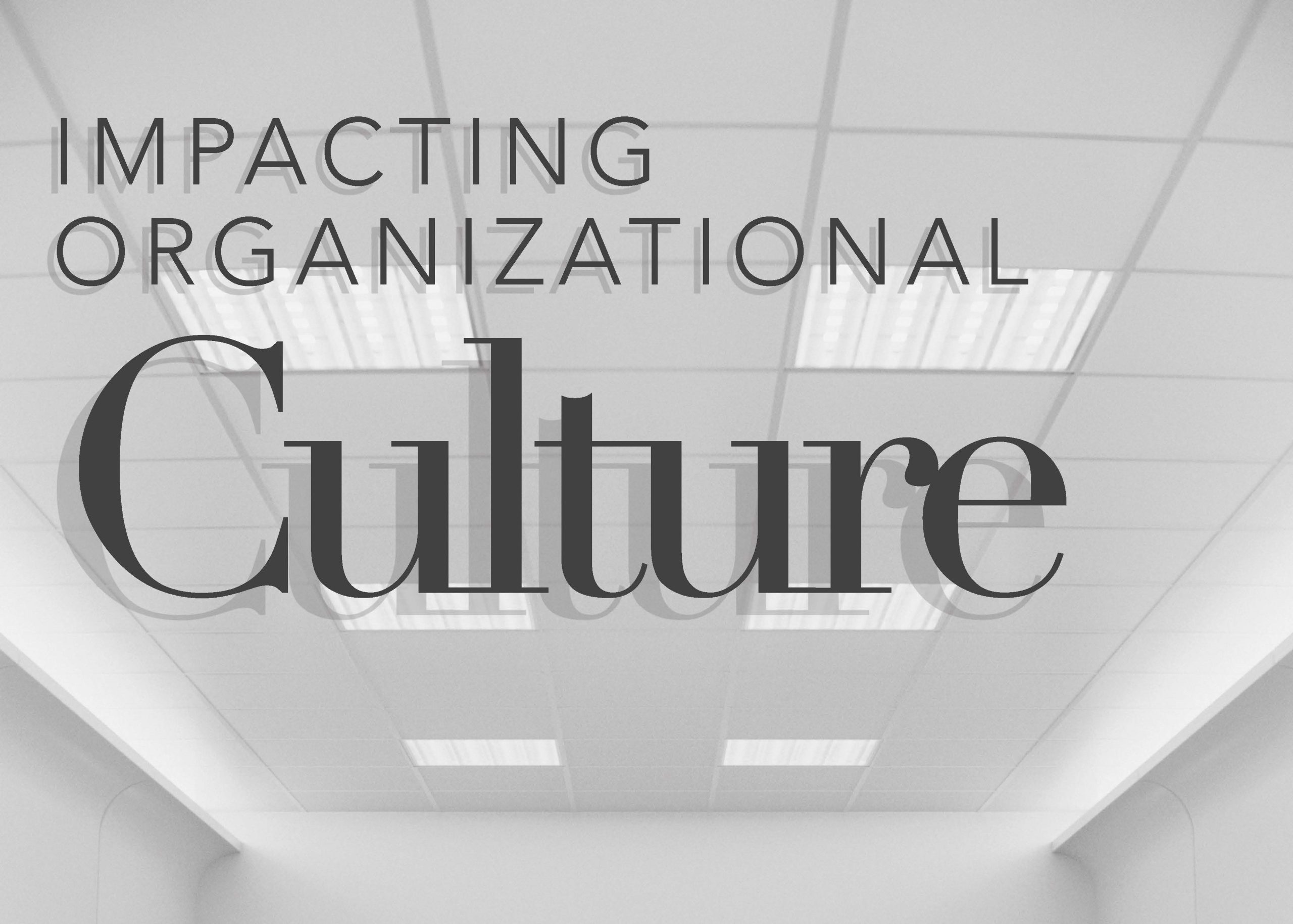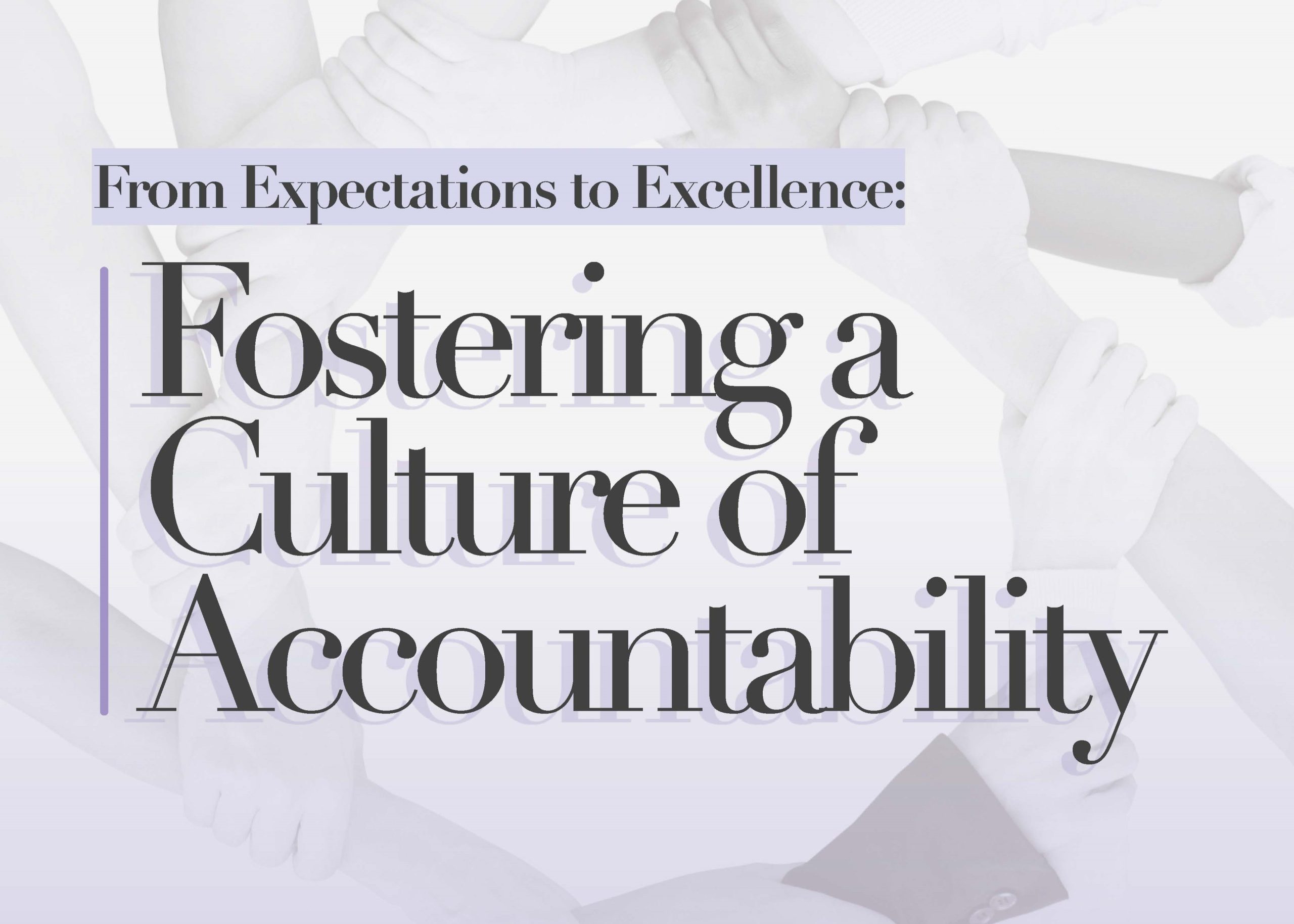Human Capital Solutions for Health Care
Today’s healthcare organizations face a unique set of human capital challenges that can significantly impact their ability to provide high-quality patient care. From retaining skilled staff and managing mental health to developing leaders and teams, each issue requires a tailored approach to ensure success.
We bring over 40 years of experience to healthcare organizations to address these critical challenges. Our solutions are designed to meet the specific needs of your organization, empowering your team to deliver exceptional care while navigating the complexities of the healthcare environment.
Solutions to
Critical Healthcare Challenges
Staff Retention
Retaining skilled healthcare professionals is vital to the long-term success of any healthcare organization. However, high workloads, burnout, and the emotional toll of patient care leads to high levels of turnover. This attrition disrupts the continuity of care, increases stress on remaining staff, and jeopardizes patient outcomes. At Bartell, we understand these unique pressures and provide targeted solutions to uncover the root causes of staff attrition.
Our tools are designed to address common challenges in healthcare, such as inadequate work-life balance, lack of leadership support, and insufficient recognition, by fostering a culture that emphasizes purpose, well-being, and continuous development. When healthcare professionals feel supported and valued, their commitment to your organization deepens, resulting in reduced turnover and a more stable, experienced team. Ultimately, this ensures that your patients receive consistent, high-quality care from engaged and dedicated staff.
Manage Mental Health and Wellness
In high-pressure environments, the mental well-being of your team is paramount. The demands of the job can quickly lead to burnout, impacting not only job performance but also the quality of patient care. When your team struggles with stress, errors can increase, and job satisfaction can plummet, leading to turnover and crucial mistakes.
By addressing these challenges head-on, you can create an environment where your healthcare professionals thrive. Using tailored assessments, you can pinpoint the specific stressors affecting your team and develop strategies to manage them effectively. Prioritizing mental health means your team can focus on what they do best—providing exceptional care—without the cloud of burnout hanging over them. This proactive approach not only boosts morale but also enhances patient outcomes, giving you peace of mind knowing your team is functioning at its best.
Collaborative Communication
Effective communication is the backbone of any healthcare organization, but it’s more than just having the right processes in place. It’s about fostering an environment where strong interpersonal skills and a culture of trust are at the forefront. Miscommunication can lead to errors, patient dissatisfaction, and even safety risks.
By cultivating a culture where every team member feels heard and valued, you can reduce these risks and improve overall efficiency. Investing in communication skills training for your team not only enhances clarity and understanding but also builds the trust necessary for seamless collaboration. When your staff communicates effectively, they work better together, leading to improved patient care and a more harmonious work environment. This investment in communication strengthens your team’s ability to handle the daily demands of healthcare, ultimately benefiting both your staff and your patients.

Bartell made the difference between my desire for Restek to function as a team versus actually becoming a team.
Thanks to the Bartell organization, Restek has become a company where every employee thinks and functions as if they are owners.
Of all the money Restek ever spent – Bartell and Leadership Flight School™ made the biggest impact on our culture and financial success.
Founder of Restek, Current Head Coach of Silcotek
Change Mastery
Change is inevitable in healthcare, whether it’s adapting to new technologies, updating protocols, or responding to regulatory shifts. However, change can be unsettling for your team, leading to resistance, mistakes, and a dip in morale. In a field where precision is critical, these mistakes can have serious consequences.
It’s essential to manage change in a way that minimizes disruption and keeps everyone on board. By implementing proven change management strategies, you can guide your team through transitions smoothly, ensuring they feel supported and confident in the new direction. This approach not only reduces the risk of errors but also helps your team embrace change as a positive force for growth. When your team is aligned and supportive of change, they are more likely to engage with new initiatives, leading to better outcomes for your organization and the patients you serve.
Building Experts Who Are Leaders
Being an expert in one’s field doesn’t automatically translate to being an effective leader. In healthcare, where technical expertise is highly valued, the transition from specialist to leader can be particularly challenging. However, leadership skills are crucial for those in charge of teams or departments.
Developing technical experts who are also leadership experts leads to more effective teams, greater collaboration and communication, higher morale, and better results across the board. Tailored leadership development programs are a great way to bridge the gap between technical expertise and the leadership qualities needed to inspire and manage a team.
By focusing on building these essential skills, you can ensure that your leaders are not just good at what they do but also excel at leading others to success. This investment in leadership development pays off in better team dynamics, higher staff morale, and ultimately, better patient care.
Aligning Interdisciplinary Teams
Working in interdisciplinary teams is the norm in healthcare, but aligning these diverse groups toward a common goal can be a significant challenge. Different professional backgrounds, perspectives, and communication styles can create barriers to effective collaboration. However, when these teams are aligned, they can achieve remarkable results.
By focusing on team development strategies that acknowledge and respect these differences, you can foster an environment where collaboration thrives. This alignment not only enhances team performance but also improves patient outcomes, as a well-coordinated team can deliver more comprehensive and holistic care. When your interdisciplinary teams are working together seamlessly, you can be confident that your patients are receiving the best possible care from a team that is truly united in its purpose.
Experience in the Field

Healthcare organizations need a service provider they can rely on, one that understands the high-stakes environment they operate in. With over 40 years of experience, Bartell has been a trusted partner to healthcare organizations of all sizes and types, from large hospitals to volunteer groups.
Our deep understanding of the unique challenges faced by healthcare professionals allows us to tailor our services to meet your specific needs. Whether it’s enhancing communication, managing change, or developing leadership within your team, our proven methods are designed to help you achieve your goals while improving patient outcomes.
Related Offerings
Helpful Resources
Reach Out
Get in touch and take the first step to elevate your organization. We're looking forward to hearing from you.










